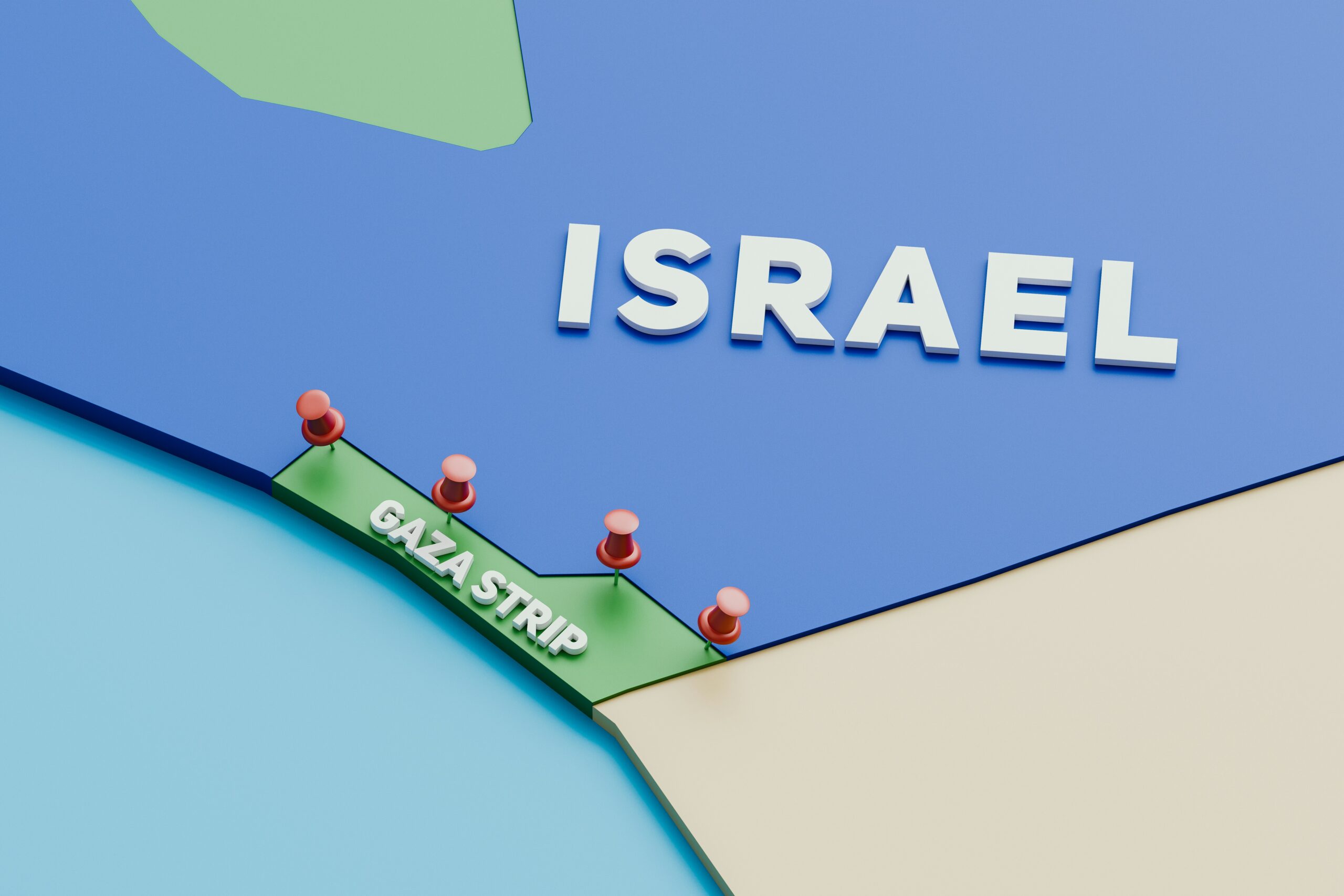
The bond between the United States and Israel is one of the most enduring and significant international relationships in the modern world. Rooted in shared values of democracy, human rights, and the rule of law, this alliance has flourished over decades. It spans various political, military, and economic cooperation that strengthens both nations and contributes to regional stability and global security. The U.S.-Israel relationship is based on mutual interests and respect, but it also holds a moral dimension, with both nations standing for the protection of freedom and justice. This article will explore why supporting this vital relationship is essential for both countries and the broader international community.
A Shared Commitment to Democracy and Freedom
The U.S.-Israel relationship is grounded in a shared commitment to democratic values and individual freedoms. The United States, a beacon of democracy, and Israel, the only democratic state in the Middle East, are united by their dedication to the rule of law, human rights, and political freedom. Both countries uphold democratic institutions where citizens can elect their leaders freely, voice their opinions, and participate in the political process.
For Israel, a democracy in a region rife with authoritarian regimes and instability, its relationship with the U.S. has been pivotal in maintaining its security and sovereignty. The U.S. serves as a guarantor of Israel’s right to self-defense and supports its democratic principles on the global stage. In turn, Israel has proven to be a steadfast ally to the U.S., contributing to the fight against international terrorism, promoting peace and stability in the Middle East, and advancing technological and scientific progress. Together, the U.S. and Israel form a robust democratic alliance that can effectively confront the challenges of the 21st century.
Military and Security Cooperation
One of the most tangible aspects of the U.S.-Israel relationship is their robust military and security cooperation. The U.S. provides Israel with substantial military aid, including cutting-edge weaponry, defense systems, and intelligence support. In exchange, Israel shares valuable intelligence and expertise with the U.S. on counterterrorism, cyber defense, and other areas critical to national security.
The U.S.-Israel partnership has led to groundbreaking technologies that enhance both nations’ security. A key example is the Iron Dome missile defense system, developed with U.S. funding and support. It effectively intercepts short-range missiles, saving lives in Israel and serving as a model for other nations.
The U.S. and Israel conduct joint military exercises and strategic planning to address emerging threats. Together, they respond to regional adversaries like Iran and global terrorist organizations, ensuring peace and stability in the Middle East and beyond.
Economic and Technological Collaboration
Beyond military cooperation, the U.S.-Israel relationship is also marked by strong economic and technological collaboration. Israel, known as the “Startup Nation,” leads innovation, especially cybersecurity, AI, medicine, and renewable energy. The U.S. is a key partner, helping turn Israeli ideas into successful businesses and solutions.
Israeli startups thrive in the U.S., while American companies benefit from Israel’s innovative research and technology. The U.S. is Israel’s largest trading partner, with a robust economic relationship that includes joint ventures, research, and investments in high-tech industries. This collaboration drives economic growth and positions both nations at the forefront of global innovation.
For the U.S., Israel’s technological expertise is invaluable, particularly in cybersecurity and defense. Israel has developed world-class systems to defend against cyber threats, and its advanced technologies are increasingly integrated into U.S. defense and intelligence infrastructure. This economic and technological partnership is a win-win scenario, providing both nations with tangible benefits while fostering global innovation.
Regional Stability and Counterterrorism Efforts
Supporting the U.S.-Israel relationship is essential for maintaining regional stability in the Middle East. This region has long been characterized by conflict, political unrest, and the rise of extremist ideologies. Israel plays a central role in countering terrorism and extremist movements in the region, particularly those backed by Iran and its proxy militias. The U.S. benefits from Israel’s intelligence capabilities and military readiness, which are crucial in the fight against groups like Hezbollah, Hamas, and ISIS.
One of the primary concerns in the region is Iran’s growing influence and its pursuit of nuclear capabilities. Israel has long been a vocal critic of Iran’s nuclear ambitions, and its partnership with the U.S. has been instrumental in exerting pressure on Iran through diplomatic, economic, and military means. The two nations have worked together to prevent Iran from acquiring nuclear weapons, including through the imposition of sanctions and support for international agreements aimed at curbing Iran’s nuclear program.
Moreover, the U.S. and Israel cooperate closely in efforts to combat global terrorism. Israel’s expertise in counterterrorism, border security, and intelligence sharing helps the U.S. and its allies combat terrorist threats. Supporting Israel ensures a strong ally in the fight against terrorism.
Upholding Moral and Ethical Standards
Finally, supporting the U.S.-Israel relationship is a matter of strategic interest and a moral imperative. Both countries are committed to human rights, justice, and the protection of minority groups. Israel, despite being in a region with many complex and often hostile neighbors, has consistently sought to uphold these principles, whether through its treatment of minority populations within its borders or its stance on international human rights issues.
The U.S. supports Israel’s right to defend itself and advocates for peace and a two-state solution. Despite the complexity of the Israeli-Palestinian conflict, the U.S. has facilitated peace talks and promoted dialogue. The U.S. reaffirms its commitment to peace, justice, and human rights by backing Israel’s moral leadership.
The U.S. and Israel are firmly committed to humanitarian causes, including disaster relief and aiding refugees. Both nations have a history of working together to help those in need, regardless of nationality or background.
The U.S.-Israel relationship has profound strategic, economic, and moral significance. It is based on shared values of democracy, freedom, and human rights, and it has led to substantial cooperation in areas such as military defense, technology, counterterrorism, and economic development. By supporting this partnership, the United States strengthens its national security and promotes global peace, stability, and innovation.